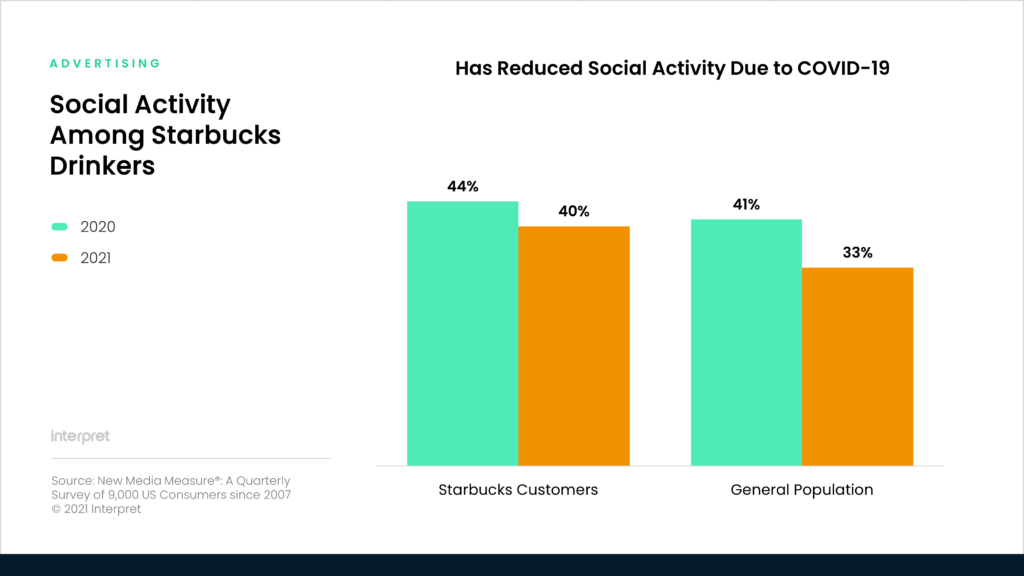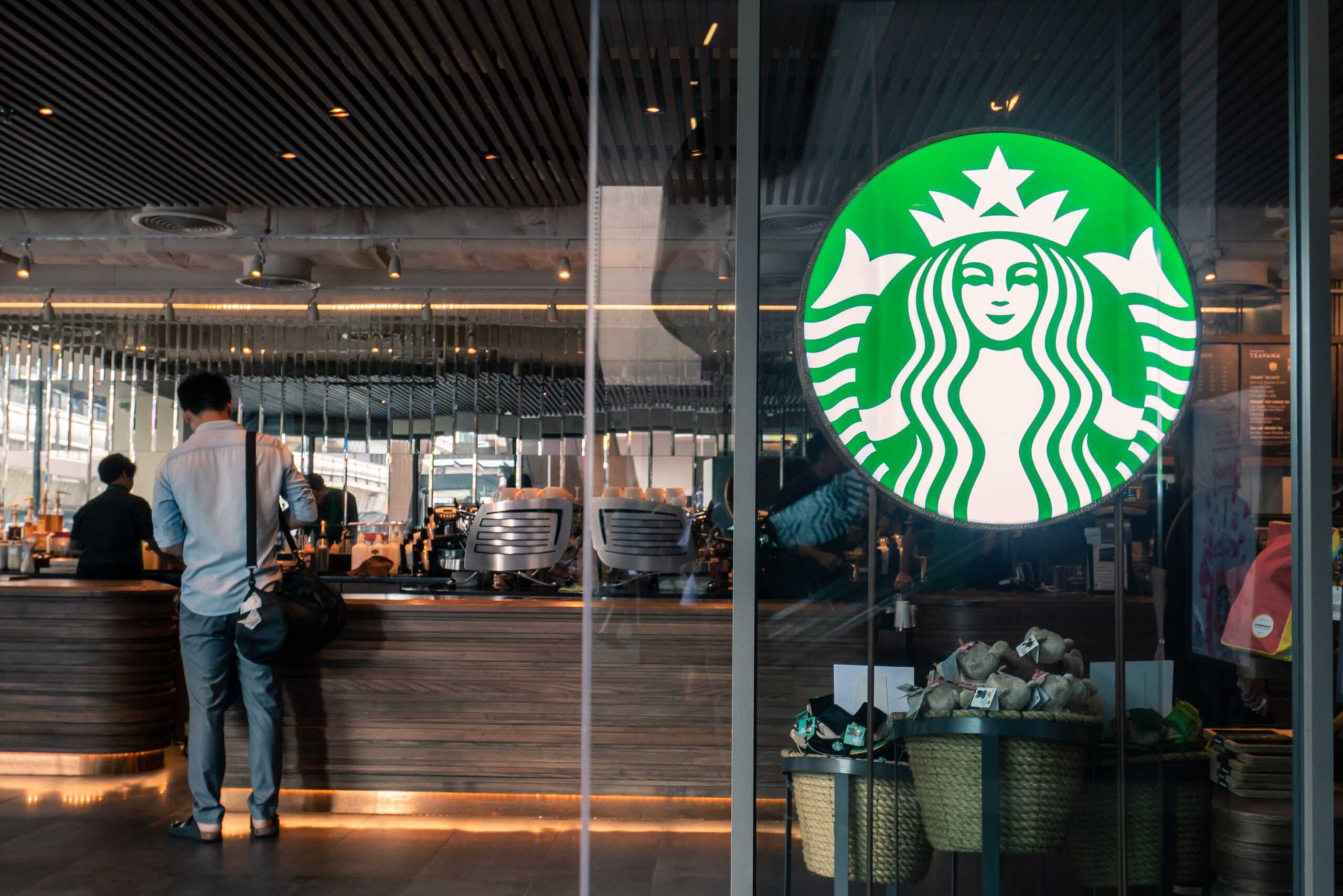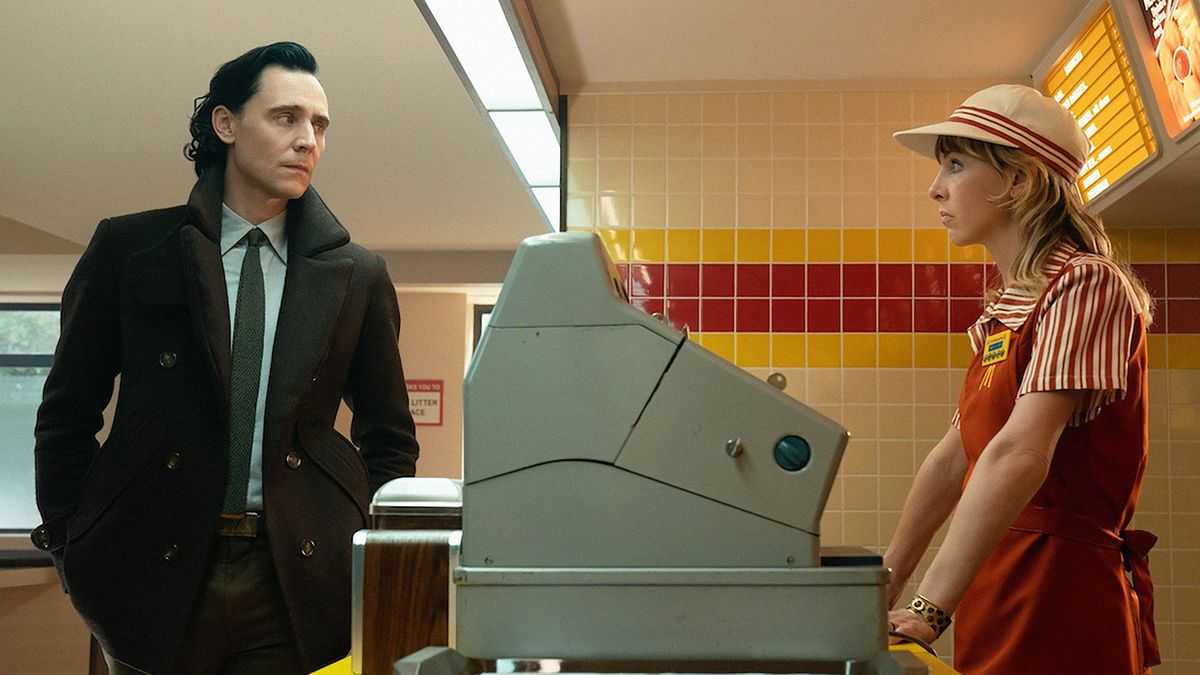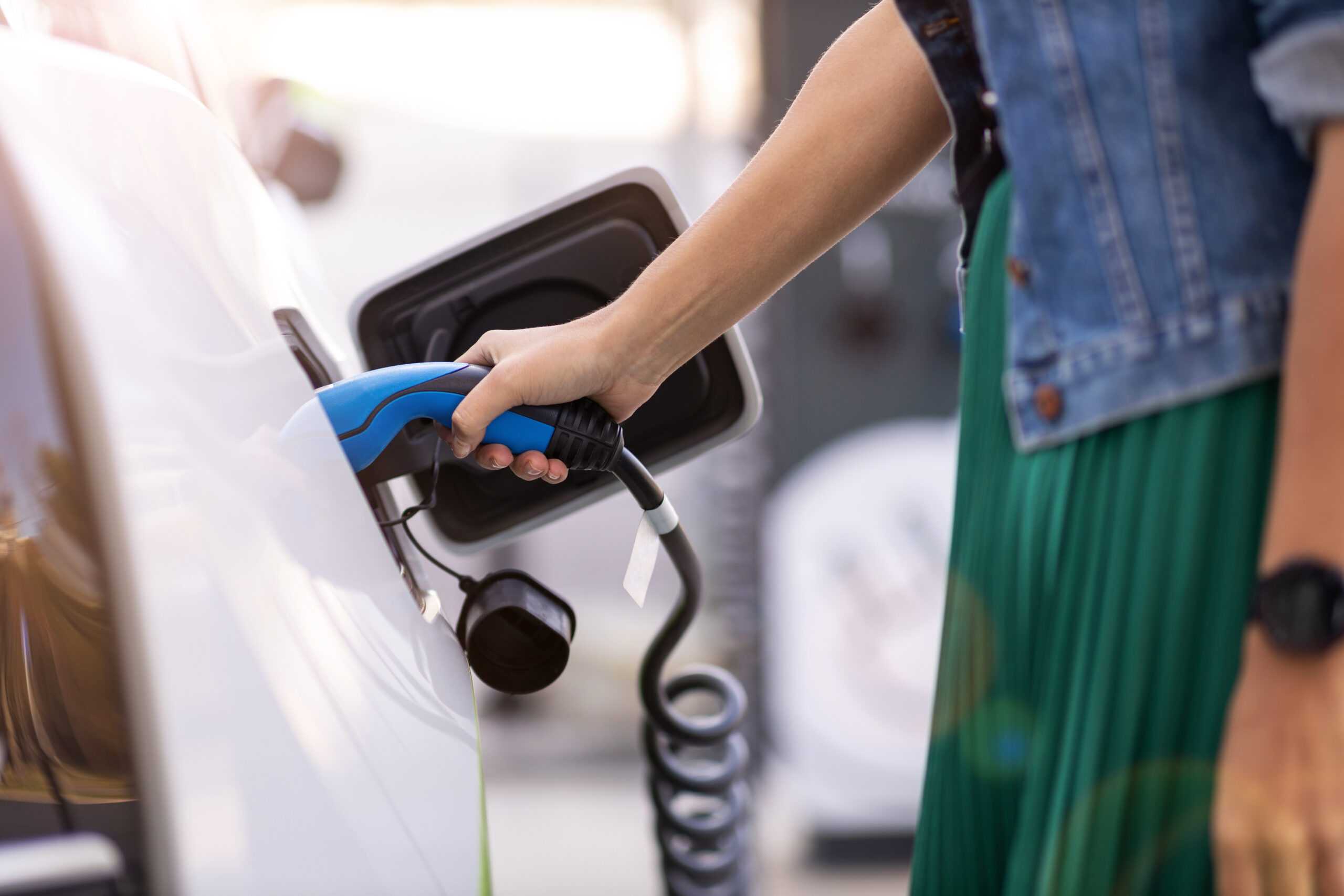For many consumers, getting their caffeine fix is more than just purchasing coffee. The social aspect of going to a café and talking with your friend, co-worker, or even the barista behind the counter adds an element that can’t be replicated at home. It’s this human connection that Starbucks is looking to highlight as the popular coffee brand celebrates its 50th birthday. A new campaign with the tagline “Possible is just the beginning” puts an emphasis on the social aspects of going to a Starbucks – something that was not truly possible at the height of the pandemic.
During spring 2020, Starbucks’ business suffered as numerous stores were closed and same-store sales dropped by 40%. Fast forward to this summer, and the company saw its revenue soar 78% to $7.5 billion, representing an all-time high. Part of that success stemmed from Starbucks’ presence in China where the company intends to open 600 more locations in its 2021 fiscal year. Starbucks CMO Brady Brewer explained to Adweek, “Because our China team responded so quickly and thoughtfully to the pandemic, we were able to learn from that very quickly and transfer the insights immediately.”
While Starbucks’ recovery has been noteworthy, it would be naïve to think that things have returned to normal. The business that Starbucks is portraying as socially driven is far more reliant on drive-thru and mobile orders than in the past. The company’s new commercial doesn’t show a single employee or customer wearing a mask. The Delta variant has clearly affected a majority of restaurants, as most operators say their business is doing worse now than three months ago, according to the National Restaurant Association; 55% also believe that their sales will be lower over the next three months.
Starbucks’ customer base also appears to be more cautious about engaging in social activities than the rest of the US population, according Interpret’s New Media Measure®. In 2020, 41% of the US population had reduced its social activity due to the pandemic, similar to the 44% of Starbucks customers who also reduced their activity. In 2021, however, that Starbucks figure only dropped three percentage points to 41% while the general population that’s reduced its social activity due to COVID-19 has declined to one-third. Consumer attitudes and social comfort levels will no doubt continue to shift as more vaccines (and boosters) are distributed.







